Will Smith’s After Earth is reviewed by Kurt Loder at Reason:
Not since John Travolta kicked the tires on Battlefield Earth and pronounced it good to go has there been a big-name sci-fi flameout quite as disastrous as Will Smith’s After Earth. The movie is dull and talky and fundamentally misconceived. The whole point of putting Will Smith in a picture is to light it up with his warmth and witty line readings — with his world-class charm. Here he plays a grim-lipped buzz-killer who never cracks a smile. And while the presence of director M. Night Shyamalan might once have promised saving grace, this film is just another sad token of the man’s decade-long artistic decline.
The story — hatched by Smith, co-scripted by Shyamalan — is set way in the future, a thousand years after the inhabitants of Earth fled their eco-ravaged home to set up shop on another planet. Here, Smith plays Cypher Raige (one of the movie’s several silly names), a space-fleet commander so focused on his job that he has neglected to bond with his son, Kitai (Jaden Smith, Will’s own son). So Cypher agrees to take the boy along on his next space mission. Unfortunately, their vessel is knocked out of the heavens by one of those pesky space storms and plummets down onto a hostile planet that we soon learn to be — yes, Earth.
Huh, yet another depopulated Shyamalan movie. Shyamalan’s 2008 film The Happening was described by James Kirchick — in the leftwing New Republic of all places — as “The Most Morally Abhorrent Film Ever Made:”
As with most of Shyamalan’s films, The Happening has an intriguing plot: centuries of human pollution has prompted nature to retaliate against us by form of a noxious gas released from trees, plants, grass — it’s never really clear. The toxin is first emitted in Central Park, smack dab in the middle of one of the most densly populated places in the United States. First, victims lose their critical faculties. Then they freeze. Then they killl themselves. From New York City “The Happening” spreads all along the east coast, from Boston to Washington. Shyamalan leaves little to the imagination in depicting man’s nature-inflicted suicide. We see a woman stab herself in the neck with a hair pin. A man runs himself over with a lawnmower. On can’t help but leave the theater thinking that Shyamalan derives a sick, masochistic pleasure in showing the deaths of all his bit characters, hopeless rubes are these human beings. They drove their SUVs for too long and had a big carbon footprint and now they’re going to pay.After 90 minutes of this, the culling of humanity ends. We catch a brief television news segment in which a scientist warns us that what the Northeast just experienced was akin to a terrestrial occurrence of oceanic “red tides.” The earth warned us, but thankfully we get another chance to amend the errors of our ways. Like the end of An Inconvenient Truth, we’re left with some hope that environmental catastrophe is not a foregone conclusion. Buy a plug-in car. Use public transportation when available. Turn off the light when you leave a room. An unoffensive, and indeed positive message. The second to last scene depicts the female lead waiting nervously in her bathroom to read the results of a home pregnancy test. To her delight, she is with child. Her husband comes home, they embrace. Humanity soldiers on. What a warm feeling after so many scenes of horrific death.
But Shyamalan is obsessed with conceits at the expense of every other aspect — the script, character development, and most importantly, good taste. He lives by the conceit, and, in this case, dies by it. After the pregnancy scene, the screen goes dark and we find ourselves in Paris, the Jardin des Tuileries to be exact. It’s eerily reminiscent of the film’s opening, with two men walking, engaged in pleasant conversation about their plans for the evening. A gust of wind! One of the men starts to stutter. People freeze. Screams. Mon Dieu!. Roll credits.
This isn’t just radical environemntalist fare; it’s perverse and anti-human. Shyamalan cuts immediately from the natural joy of pregnancy to its consequence: mass, nature-inflicted murder. It’s not carbon output, styrofoam cups or the clearing of the rain forests that so angers Mother Earth and, thus, her self-appointed human spokesman. It’s us.
In the Wall Street Journal, Joseph Rago reviewed The Happening and wrote, “We have arrived at a strange moment in American pop culture when movie-goers spend two hours in the theater being informed that we all deserve to die.”
Between The Happening and After Earth, given that Shyamalan apparently would like to see a world without people, should he really be disappointed that the theaters showing his movies are increasingly devoid of them?




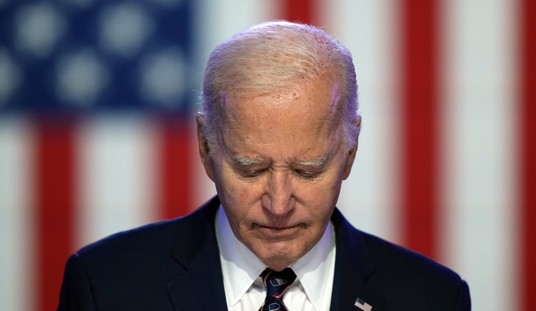
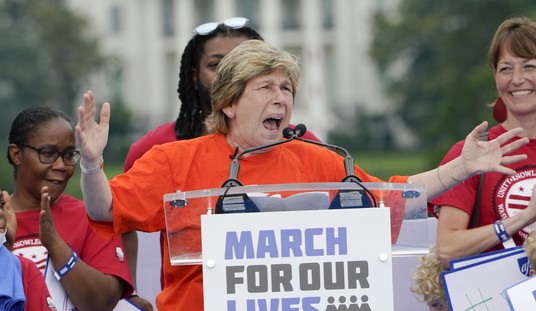
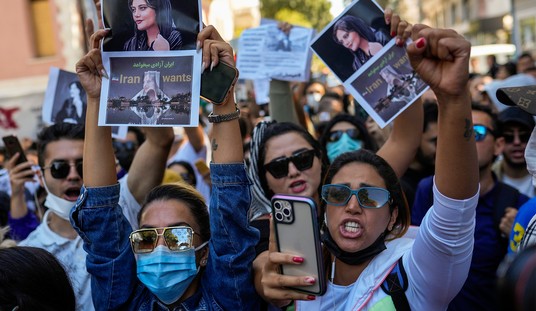
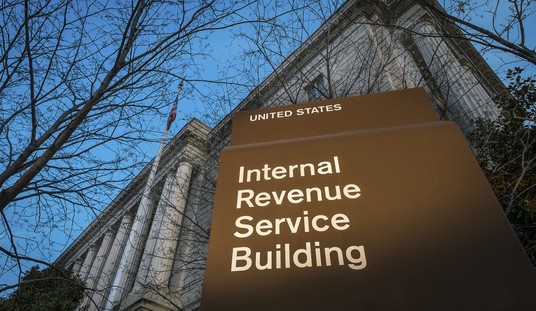
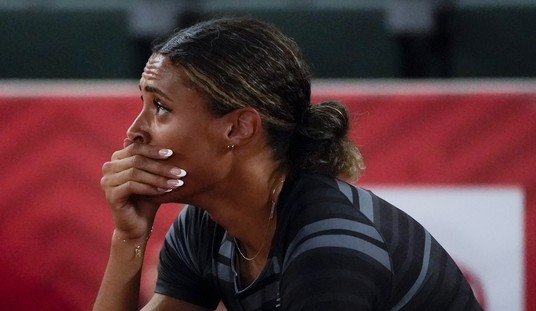
Join the conversation as a VIP Member